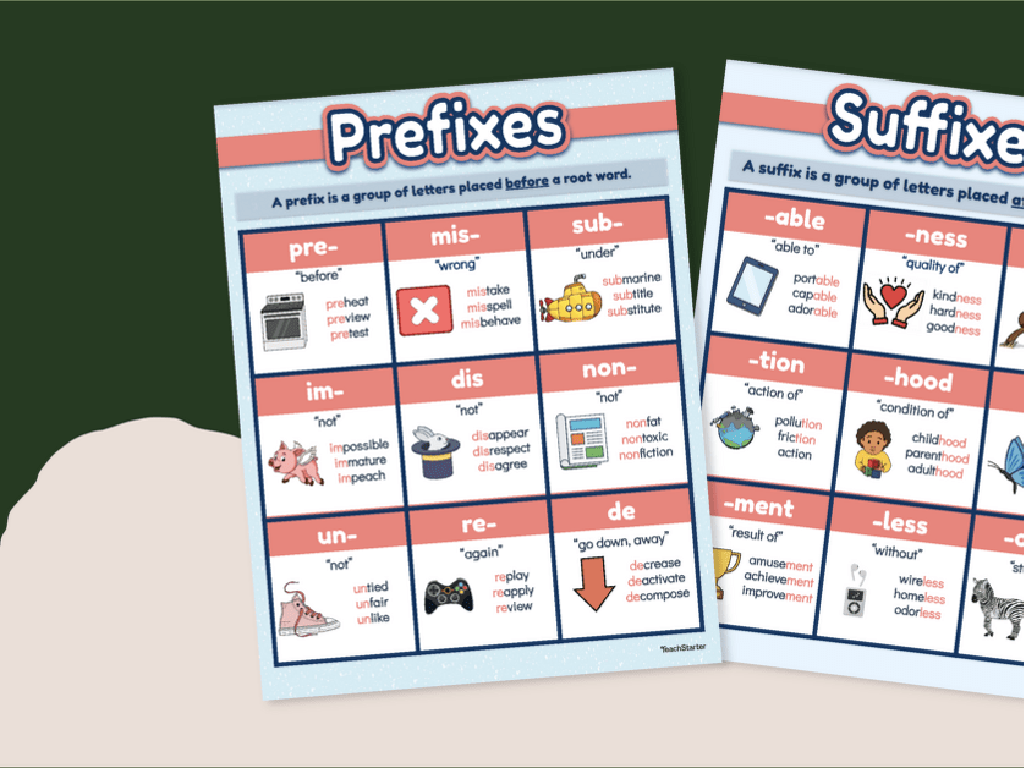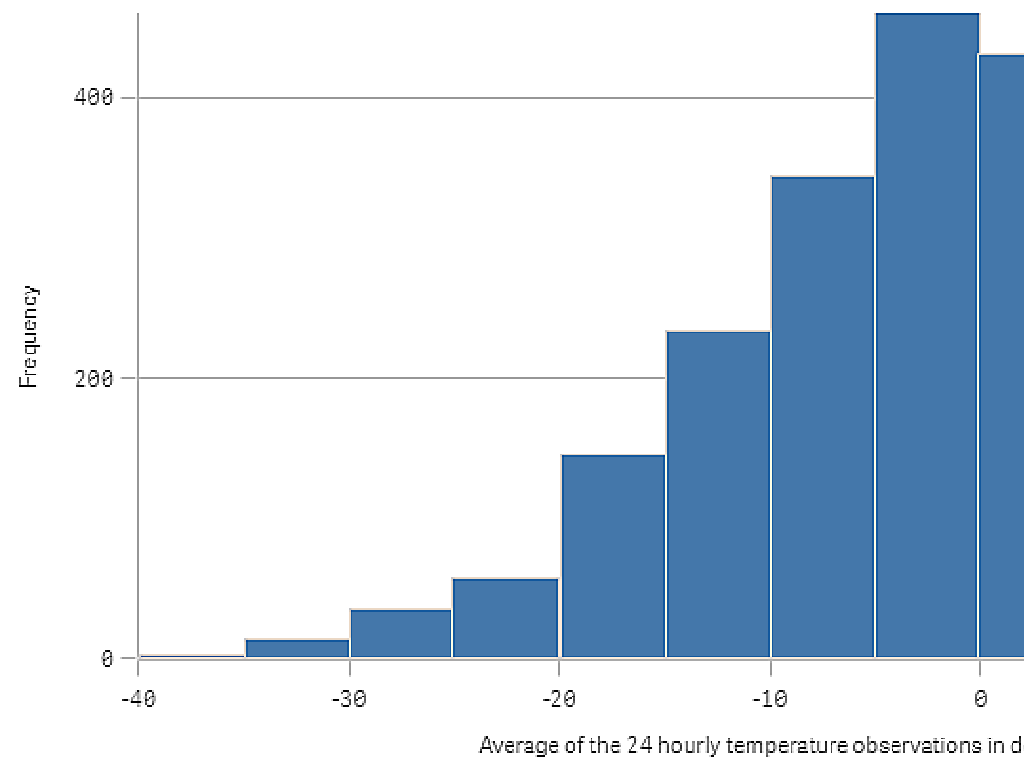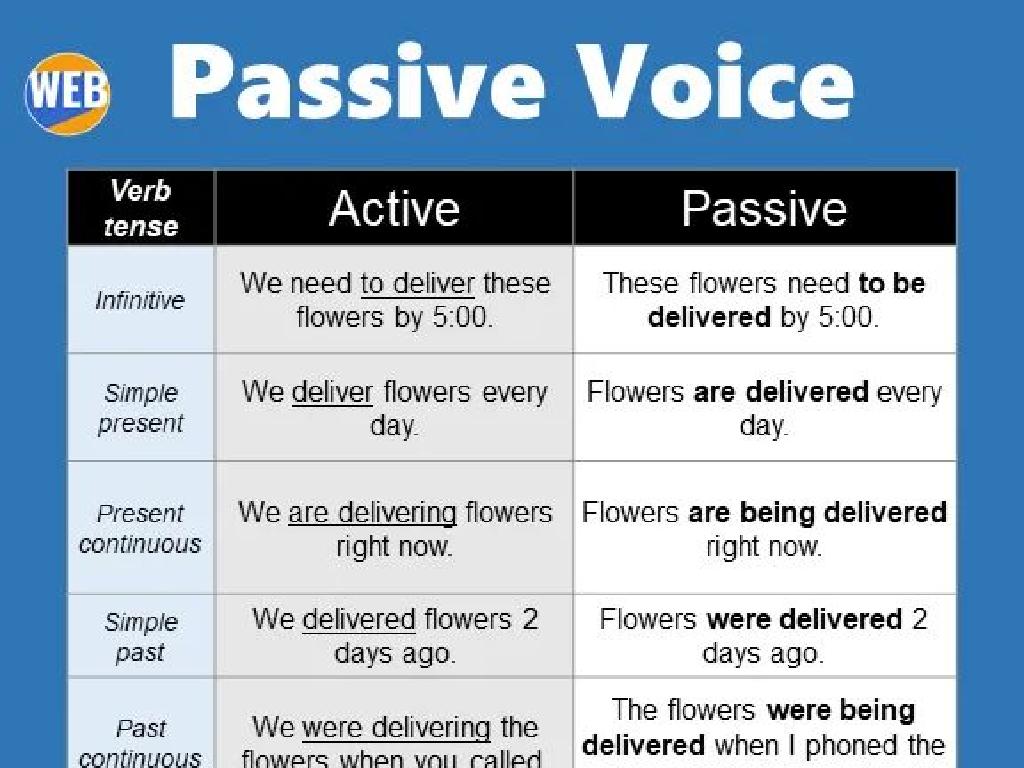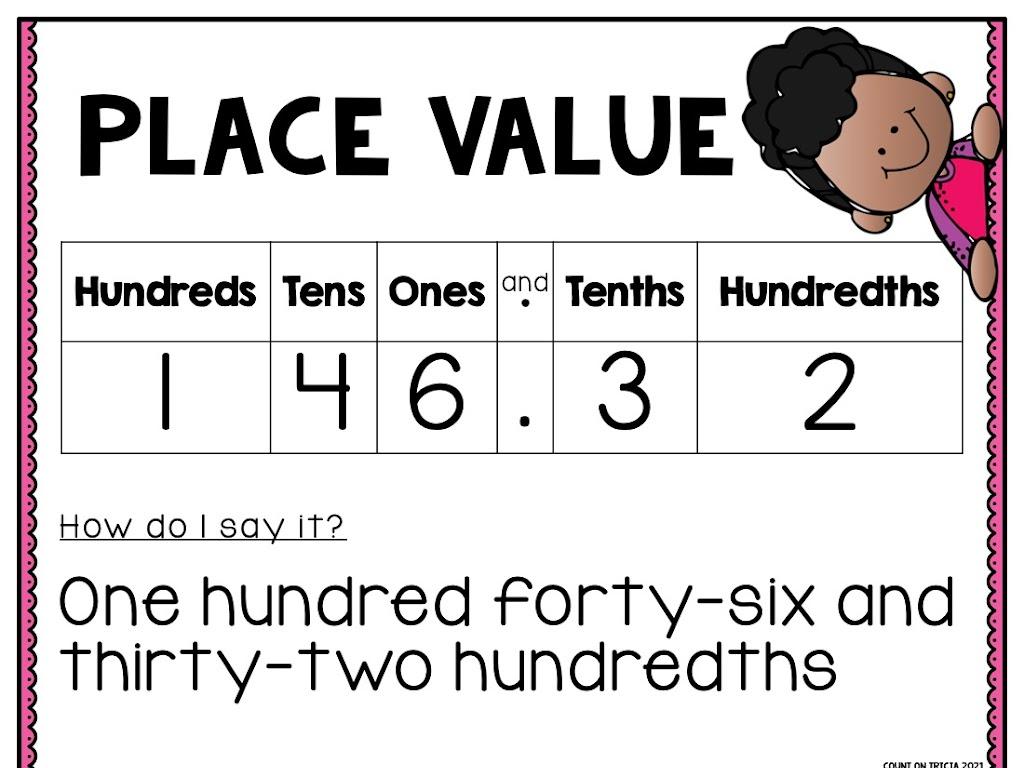Use Dictionary Definitions
Subject: Language arts
Grade: Eighth grade
Topic: Reference Skills
Please LOG IN to download the presentation. Access is available to registered users only.
View More Content
Mastering Reference Skills: Using a Dictionary
– Importance of reference skills
– Essential for research and understanding complex texts
– Types of reference materials
– Dictionaries, thesauruses, encyclopedias are key tools
– Focus on dictionary usage
– Learn to navigate definitions, pronunciation, and word origins
– Enhancing vocabulary and comprehension
|
This slide introduces students to the fundamental reference skills necessary for academic success. Emphasize the value of being able to independently look up information and clarify meanings. Highlight the different types of reference materials available, with a special focus on dictionaries. Explain how a dictionary can be used to find word definitions, pronunciation guides, part of speech, and etymology. This knowledge not only aids in vocabulary building but also enhances overall reading comprehension. Encourage students to share their experiences with using dictionaries and discuss any challenges they may have faced.
Exploring the Dictionary: A Key Reference Tool
– Dictionary: A language’s word list
– A resource for word definitions and more
– Offers meanings, pronunciations, origins
– Learn correct pronunciation and word history
– Explains word usage and syntax
– Understand how to properly use words
– Types: General and specialized
– Specialized for fields like medicine or law
|
Introduce the dictionary as an essential tool for language arts, emphasizing its role in providing comprehensive word information. Explain that beyond definitions, dictionaries offer pronunciation guides, word origins (etymologies), and guidance on word usage and grammatical structure (syntax). Highlight the difference between general dictionaries, which cover a wide range of vocabulary, and specialized dictionaries, which focus on terminology specific to a particular field such as medicine or law. Encourage students to familiarize themselves with both types to enhance their vocabulary and understanding of language. Provide examples of how to use a dictionary effectively, including looking up unfamiliar words encountered in reading or writing.
Understanding Dictionary Entries
– Word and its class
– Identify if it’s a noun, verb, adjective, etc.
– Guide to pronunciation
– Phonetic spelling or listen to the word in electronic dictionaries
– Explore multiple definitions
– Words can have more than one meaning
– Usage in sentences
– See how the word fits into real-life phrases
|
This slide aims to familiarize students with the components of a dictionary entry. Start by explaining that each entry begins with the word itself, followed by its part of speech, such as noun, verb, or adjective. Discuss the pronunciation guide, which can be in phonetic spelling or an audio option in digital formats. Highlight that many words have multiple meanings and how a dictionary lists them in order of common usage. Provide examples of sentences from the dictionary to illustrate how the word is used in context. If time permits, delve into the etymology of a few words to show their origins and discuss any synonyms or antonyms that are listed. Encourage students to use dictionaries to enhance their vocabulary and understanding of language.
Navigating the Dictionary: Guide Words
– Guide words help with navigation
– They are the first and last words on a dictionary page
– Dictionary words in alphabetical order
– Like the ABCs, this order helps to find words quickly
– Activity: Locate ‘meticulous’ guide words
– Use the guide words to determine where ‘meticulous’ would appear
|
This slide introduces students to the use of guide words in a dictionary, which are found at the top of each page and serve as a quick reference to the range of words on that page. Emphasize that understanding alphabetical order is crucial for efficient dictionary use. For the activity, students will practice their reference skills by finding the guide words that would encompass the word ‘meticulous’. This hands-on activity will help solidify their understanding of guide words and alphabetical order. Provide guidance on how to approach this task and encourage students to share their findings. Offer additional examples if time permits, and ensure that students understand how to use these tools to enhance their vocabulary skills.
Using Dictionary Definitions
– Choosing the correct definition
– Words can have multiple meanings; select the one that fits the sentence.
– Context determines meaning
– The words and sentences around a tricky word can give clues to its meaning.
– Activity: Match word to definition
– Read a provided sentence; use context to find the right definition of the highlighted word.
– Enhance vocabulary skills
|
This slide introduces students to the skill of using dictionary definitions effectively. Emphasize the importance of context in determining the meaning of a word, as many words have multiple definitions. The activity involves reading sentences and using context clues to match words with their correct definitions, which will help students practice and reinforce their understanding of how to use a dictionary. Provide guidance on looking for synonyms, antonyms, explanations, or examples in the text to deduce the meaning. Offer several sentences with highlighted words and a list of possible definitions for each to choose from. This will enhance their vocabulary and reference skills.
Dictionary Skills: Understanding Entries
– Practice using a dictionary
– Learn to interpret entries
– Class activity: word lookup
– Each student selects a new word
– Present your findings
– Share the word’s definition, part of speech, and usage
|
This slide introduces a class activity focused on developing dictionary skills. Students are tasked with selecting a word they are unfamiliar with, looking it up in a dictionary, and then presenting their findings to the class. The presentation should include the word’s definition, part of speech, pronunciation, and an example of how it is used in context. This exercise will help students become more comfortable with navigating dictionary entries and understanding the various components of a word’s definition. It will also enhance their vocabulary and public speaking skills. Possible variations of the activity could include finding synonyms/antonyms, using the word in an original sentence, or drawing a picture to represent the word.
Dictionary Games: Enhancing Vocabulary Skills
– Engage with fun dictionary games
– Play ‘Word Detective’ for word puzzles
– Use dictionary clues to unravel puzzles
– Compete in ‘Dictionary Race’
– Race to locate words quickly in the dictionary
– Boost reference skills interactively
|
This slide introduces interactive games to make learning dictionary skills enjoyable. ‘Word Detective’ encourages students to use dictionary entries to solve word puzzles, enhancing their understanding of word meanings, usage, and etymology. ‘Dictionary Race’ is a competitive game where students challenge each to see who can find a word the fastest, promoting quick reference skills. These games not only make the learning process fun but also reinforce the practical use of dictionaries as a valuable language resource. Encourage students to think creatively and use their problem-solving skills while playing these games.
Class Activity: Dictionary Scavenger Hunt
– Partner up for a scavenger hunt
– Find words with unique features
– Look for the longest word, the word with the most definitions, etc.
– Record your findings
– Write down the word, its definitions, and the page number
– Share with the class
|
This interactive class activity is designed to familiarize students with using a dictionary and understanding the depth of language. Students will work in pairs to encourage teamwork. They will search for words based on specific characteristics, which helps them explore the variety and complexity of English vocabulary. The activity should be fun and engaging, prompting students to think critically about words and their meanings. Possible variations of the scavenger hunt could include finding words with the most syllables, words that have changed meaning over time, or words with the most synonyms. After the activity, each pair will present their most interesting find to the class, fostering public speaking skills and peer learning.
Wrapping Up: Dictionary Skills
– Recap: Using dictionary definitions
– Why reference skills matter
– Reference skills are crucial for understanding and improving language proficiency.
– Homework: Craft 5 sentences
– Use the new words found during today’s activity in original sentences.
– Incorporate scavenger hunt words
– Apply the meanings learned from dictionary definitions.
|
As we conclude today’s lesson, remind students of the key points about using dictionary definitions to understand word meanings. Emphasize the value of reference skills in not only language arts but in all areas of learning and communication. For homework, students should write five original sentences using the new vocabulary they discovered during the scavenger hunt. This will help reinforce their understanding of the words and their ability to use them contextually. Encourage creativity and proper usage of the words, and remind students to refer back to the dictionary definitions if they need clarification on the words’ meanings.






